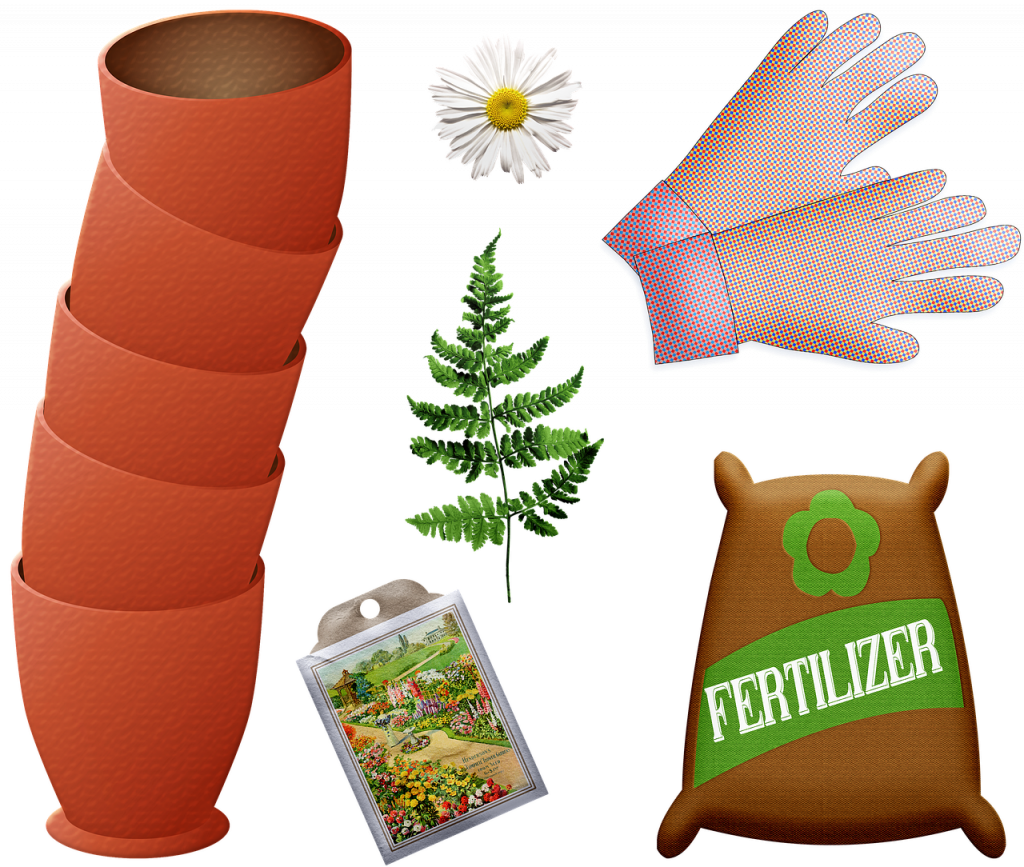Do You Really Need Fertilizers?

We apply fertilizer to make our plants expand far better. However when do we use fertilizer? And also just how do we apply fertilizer to the garden? In one web page, we’ll cover the essentials of using fertilizer in your garden.
WHAT IS PLANT FOOD?
Consider fertilizers as dietary supplements. Plants require a variety of life-sustaining nutrients– such as nitrogen as well as phosphorus– which they use up from the soil. Many soils include appropriate nutrients for the plants to soak up, yet some soils do not, which is where plant foods come in.
Fertilizers are plant nutrients that are included in the dirt. The plants take in these vital nutrients from the soil to enhance health and wellness, growth, and performance. Dirt nutrient deficiencies decrease and modify plant growth. You can likewise inform which nutrients your dirt is lacking by the deficiency signs and symptoms they show, which can range from yellow fallen leaves (lack of nitrogen) to minimized blooming (lack of phosphorus) to weak stems (lack of potassium) to blossom-end rot (lack of calcium).
Not all soil requires fertilizer. Consider a natural setting where fallen leaves as well as plants decay in place. Nutrients are normally reused into the dirt and also offered to expanding plants. If your soil is rich in nutrients and the microbial life that helps in the plants’ uptake of these nutrients, then adding more can disturb that healthy and balanced environment. As a matter of fact, more plant food is not better! Plants use just the nutrients that they need. To absorb greater than are unnecessary can lead to uncommon growth.
However, lots of yard soils do require fertilizer, especially if the dirt has been grown formerly. If you’ve expanded and gathered plants in your garden in the past, they have used up nutrients from the soil, as well as those nutrients need to be changed before even more plants are grown there. This is where plant food (organic or processed) contributes. Fertilizer replaces lost nutrients, which makes sure that soil nutrient degrees go to an acceptable level for healthy development.